How bulking up landed me in hospital
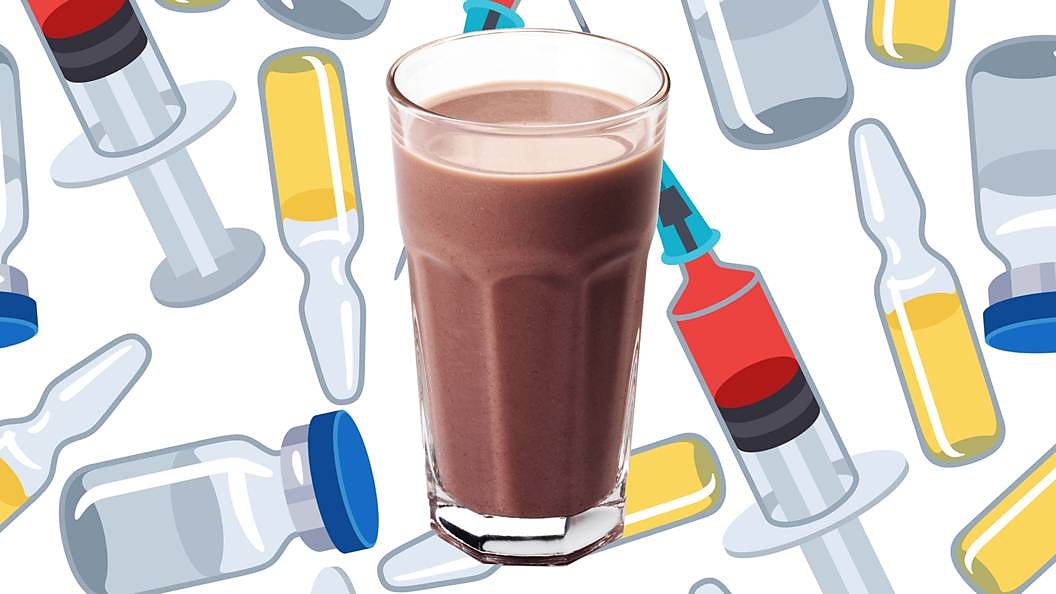
- Published
In January, I ended up in A&E after worsening pains in my abdomen meant I was no longer able to stand up straight.
After a scan and a little while writhing about in a most undignified manner, the doctor told me I had kidney stones, likely brought on by a disproportionately high protein intake, which my body simply couldnтАЩt process and turned into calcified deposits in the kidneys. When these small тАШstonesтАЩ get stuckтАж yeah, that hurts.
Luckily, I didnтАЩt have to тАШpassтАЩ my stones, a phrase that still conjours up┬аimages of medieval torture, but it did get me thinking. After several years of working out and a couple of years of training seriously in the gym, I had become one of the legion of amateur тАШgym scientistsтАЩ, believing my rudimentary knowledge of nutrition meant I was able to transform my physique. I┬аbelieved with the right tweaking, I could make my body function┬аmore efficiently and as anyone who has ever sought to тАШmake gainsтАЩ will know, the cornerstone of this process is to up your protein intake, bro! But is chuffing down as much protein as you can always the best idea for your body?
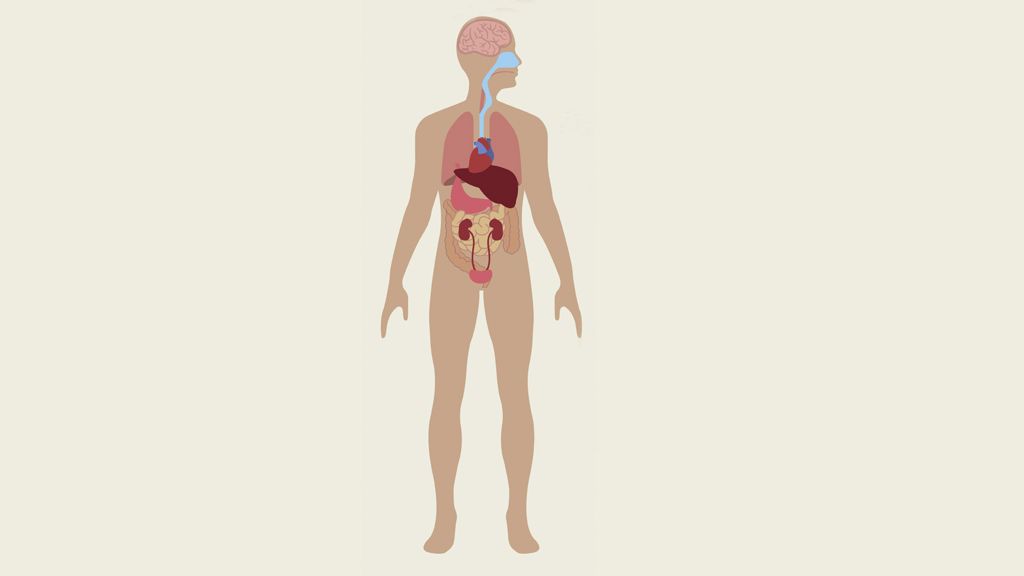
The Food Standards Agency recommends an adult consumes up to 55g of protein a day. Of course, this varies depending on body mass, gender and physical exertion, but as a rough (and most importantly, safe) guideline, it makes sense. A found that┬аtaking whey protein (a staple for most gym bunnies) over an extended period of time is linked to a higher risk of kidney problems. It can┬аalso have a seriously negative effect on other aspects of health,┬аleading to dehydration, fatigue and even added stress on the heart.
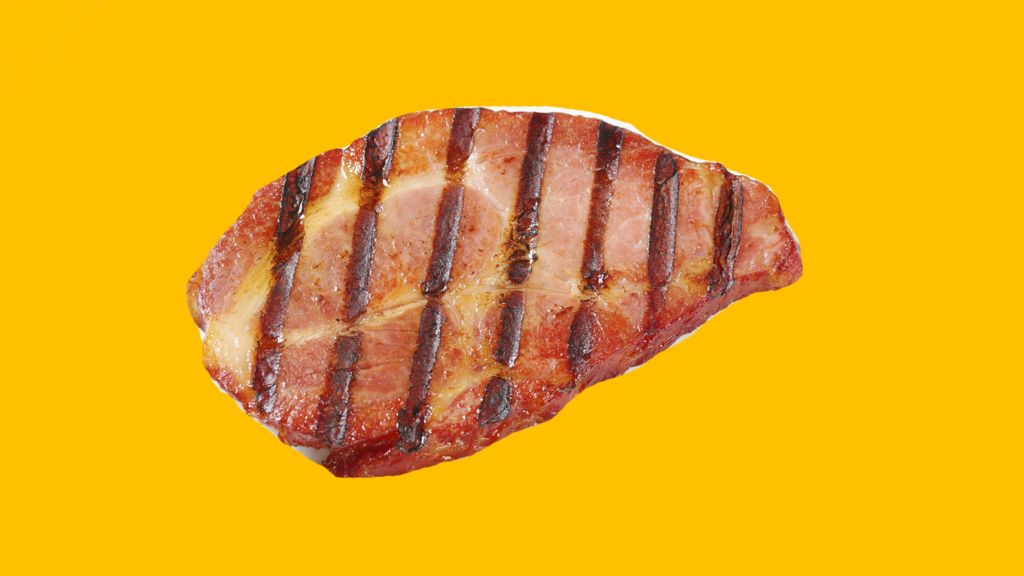
In order for our bodies to function at an optimum level, we┬аget our protein naturally from food. The┬аmajor problem is that protein peddlers are under no legal obligation to put nutritional guidelines on their products as they are classified as тАШsupplementsтАЩ not тАШfood.тАЩ But when it comes to a product that provides you with a large proportion of your recommended daily intake of protein, with most shakes containing around 20 grams of protein per serving (some тАШmass buildersтАЩ even┬аcontain upwards of 50 grams and over 1000 calories), then you may┬аhave a kidney-shaped┬аproblem.
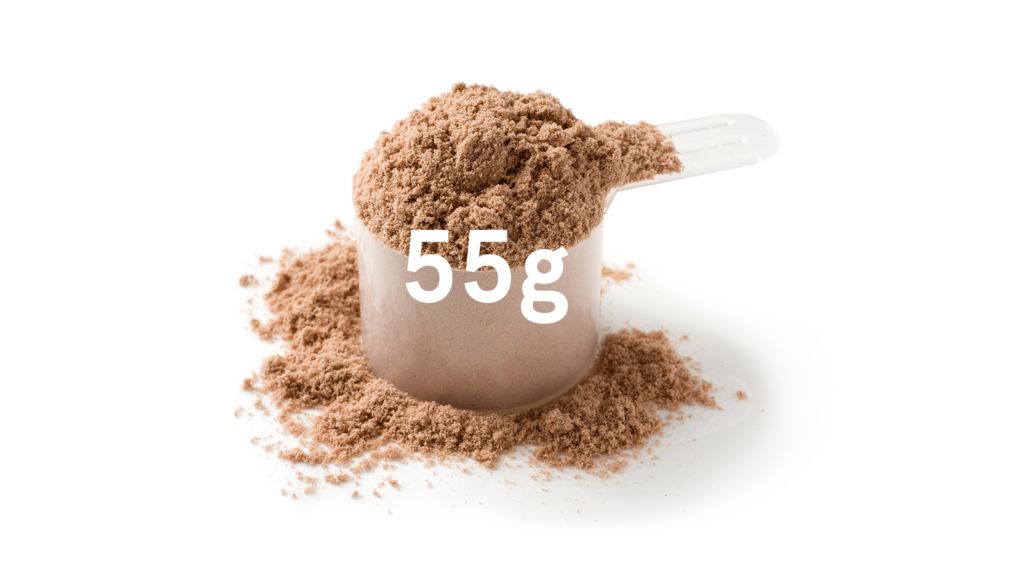
The fitness press may also be┬аat fault here too. A quick Google search of тАШbiggest mass builderтАЩ quickly leads me┬аto an article by one of the most well-respected and widely-read publications, Muscle and Fitness magazine, who, in their first tip for increasing muscle mass recommend 20 grams of whey protein before training, 40 after and 20-40 when you wake up. That already puts you at 80-100 grams of protein before any real 'food' has passed your lips.
Fitness professional Pola Pospieszalska says "fitness magazines appeal to our vanity, not our health" and claims┬аwe can get all we┬аneed from a balanced diet. This is something echoed by personal trainer Jade Lindsay, who has seen the negative side of a misunderstanding of diet, with clients "even developing issues with bone health." She┬аsees many people in the gym who┬аshe feels have┬аsuccumbed to┬аa get-buff-quick┬аculture,┬аmaking supplements their first port of call.
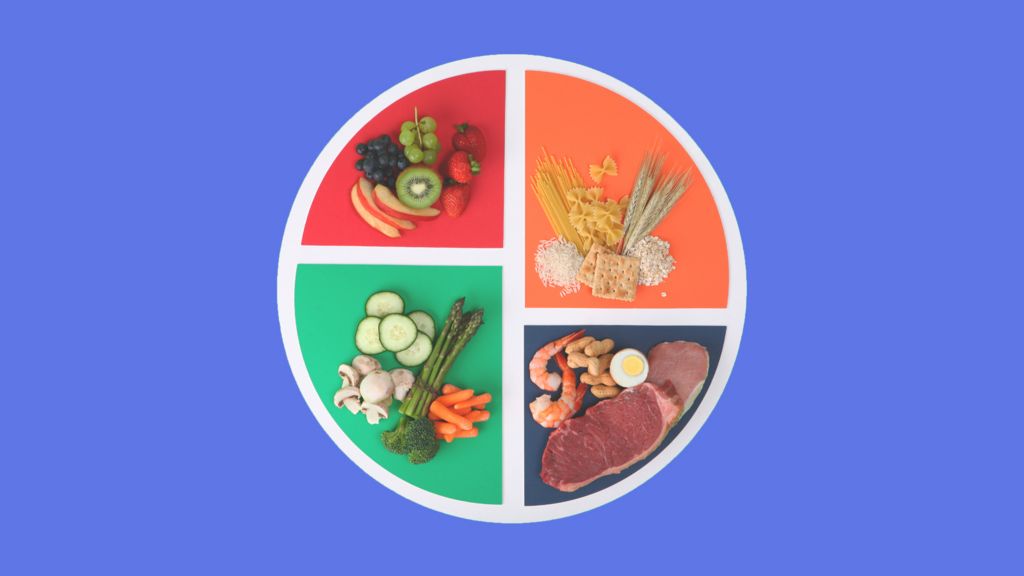
Not all personal trainers are as responsible when the end game is physical results.┬аI have certainly spent a great deal of time in the gym being told about crazy diet plans that contain upwards of 200 grams of protein a day. In my attempts to bulk up, this is┬аsomething I too am guilty of.
Dr. Spencer Nadolsky, a former wrestler and now leading physician in the field of weight loss, whose goal is to prioritise тАШlifestyle before drugsтАЩ, admits some trainers could do with further education: "A lot of trainers are starting to be up to date with the studies but there can be a lot of misinformation out there."
However, he also points out there is sometimes a conflict of interest, when a trainer is personally trying to sell a product. This is a theme picked up by Charlayne Hart, a four-time world champion fitness model who┬аsays that┬аmost trainers who advise supplements "are trying to gain an extra buck" but suggests the issue lies within the way supplements are marketed: "ItтАЩs not just personal trainers, itтАЩs the ambassadors of these companies trying to get you to take them so they get their commission."
She admits: "I have fallen into the trap of high protein diets, not knowing too much about the long-term effects this can have on your body. I have had seriously painful issues with my stomach, an extremely blocked colon and I suffer from┬аcolitis."
What is clear is that an increase in protein is certainly not a quick fix to attain the body of your dreams;┬аconversely, it┬аposes serious health risks. It seems anything you need can be found from a balanced and healthy diet and that a little more understanding within the fitness industry itself would go a long way to proliferating this knowledge.
My kidneys and I would have been very grateful of the heads up.